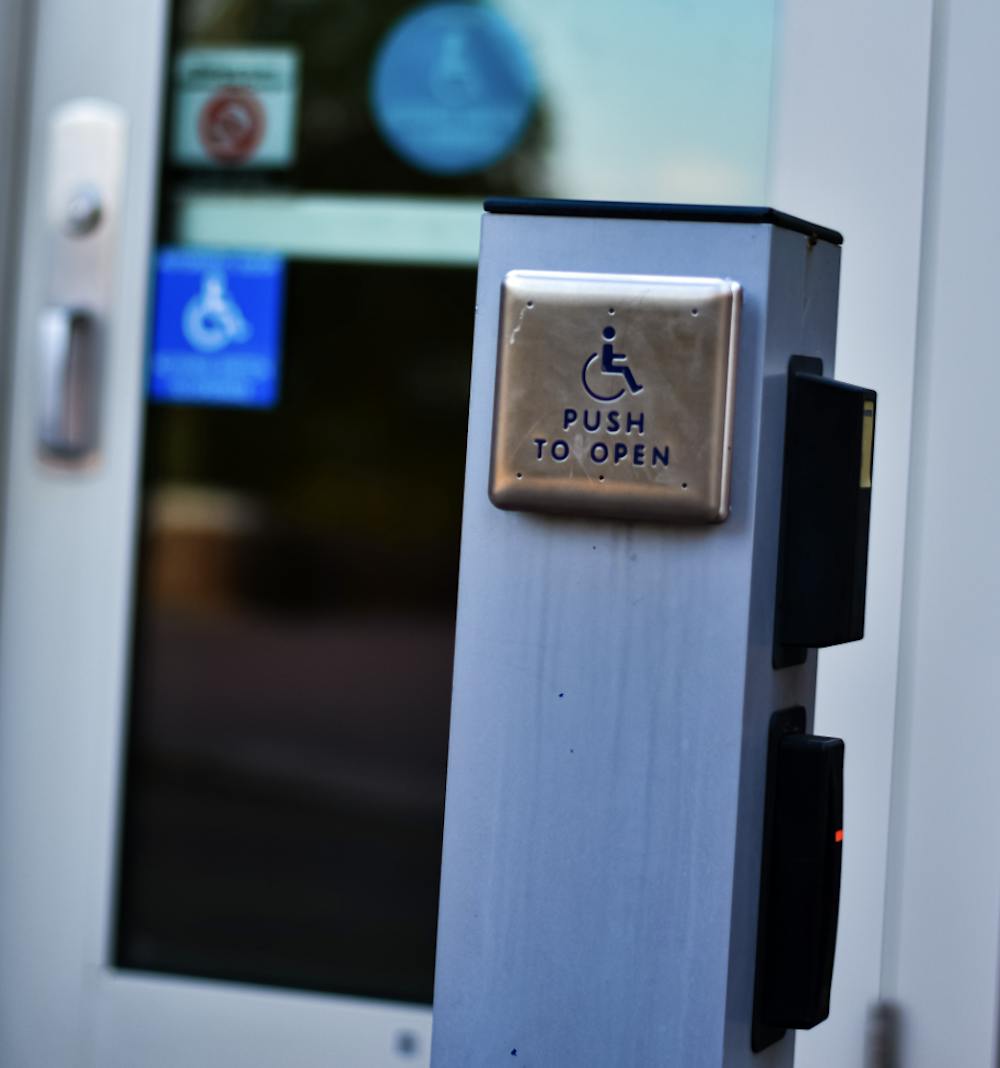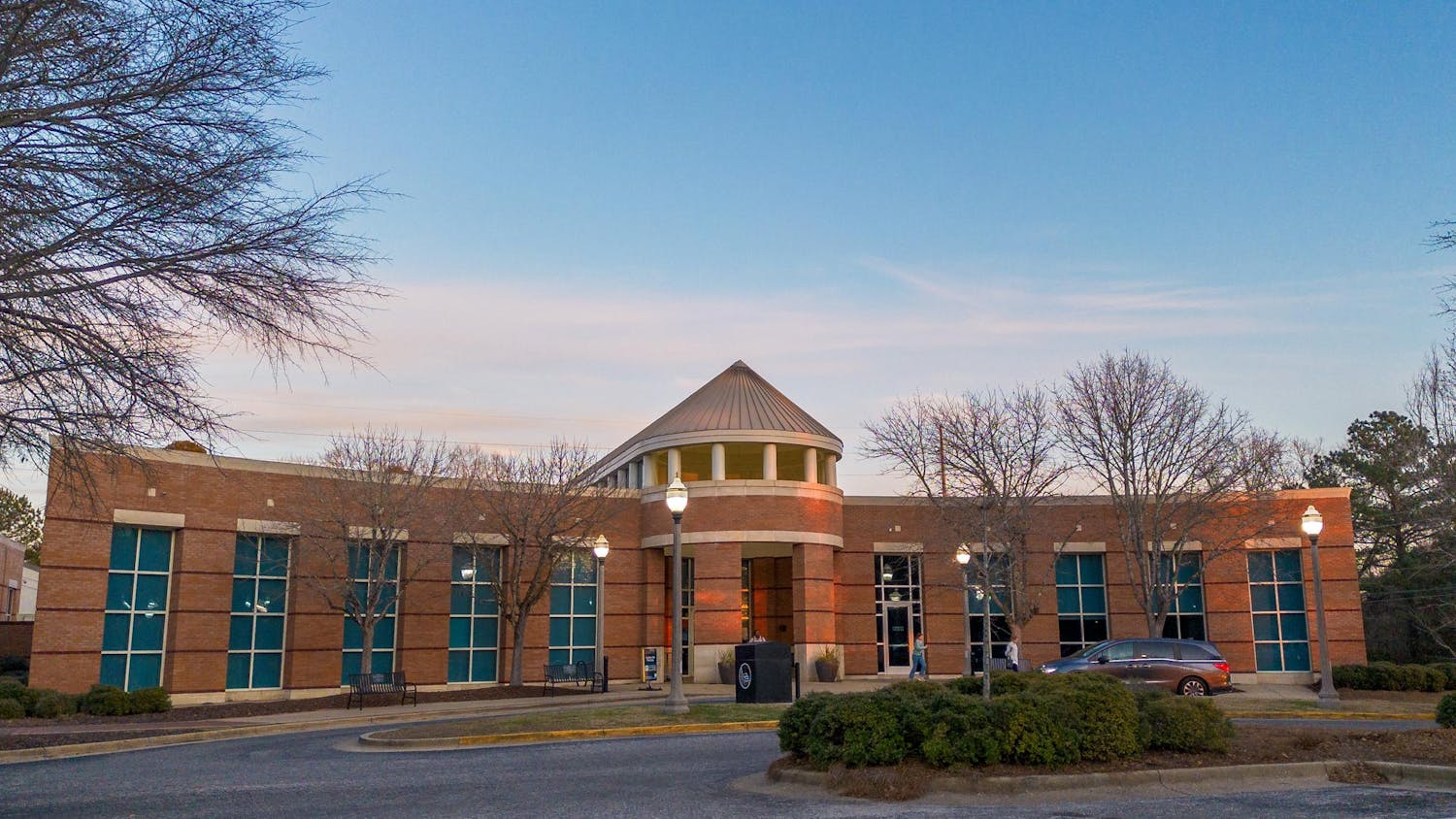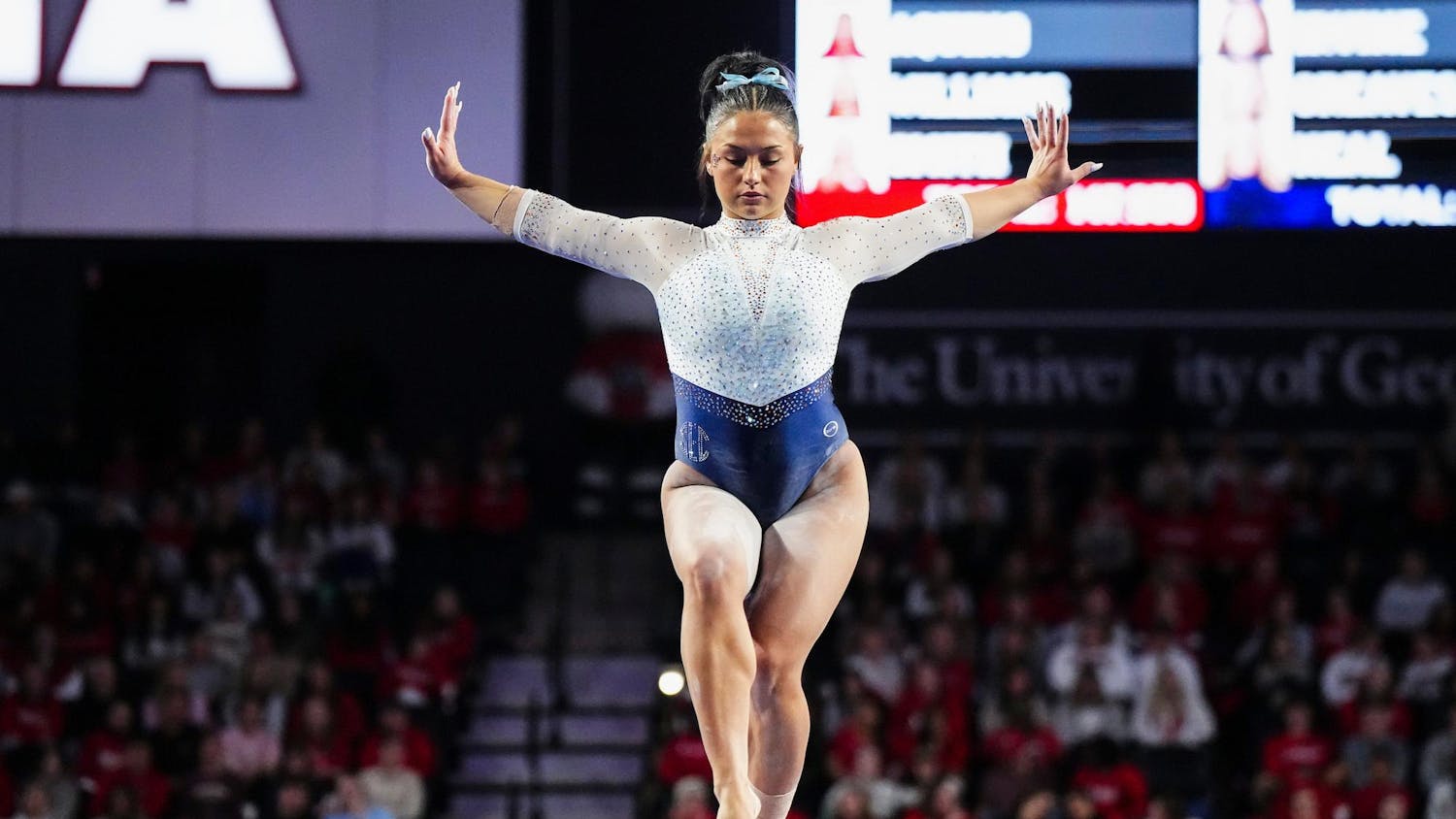Oct. 7 marks one year since the death of Scott Renner — a man who played a critical role in the Office of Accessibility and gave strength and hope to members of the disabled community both on campus and throughout the state.
A 1992 diving accident left Renner paralyzed from the neck down. Through the years, he used this tragedy to embolden the disabled community and to help students dealing with similar situations on campus.
“There were a couple of students who were kind of in a similar situation as him, as far as being quadriplegic or using a wheelchair,” said Barclay Bentley, assistant director of the Office of Accessibility. “[Renner] was really good about working with those students and letting them know about, well, ‘here’s some things that I’ve done in the past. You can try this out.’”
Bentley said that students found hope in Renner, who did not let his disability stop him from pursuing his dreams. He received his doctorate from the University in 2015.
Prior to joining the Office of Accessibility, Renner served as an instructor in the College of Education, where he taught independent living and assistive technology classes.
“One thing that Scott was really big on was trying to make everything as independent as possible,” Bentley said. “I think that’s the part the students were really more inspired by, [the idea] that, ‘There’s a way for me to still be independent. The career stuff is awesome, but practically day-to-day, here’s some stuff that I can still do, and I don’t have to rely on other people to help me out.’”
Bentley said Renner oversaw the office’s technology lab, evaluating software and converting textbooks to an electronic format for students to use.
“He hosted a technology conference on campus for several years called ALATEC,” Bentley said, referring to the Alabama Assistive Technology Expo and Conference. “It was basically a disability technology conference, and it would be some of the newest bells-and-whistles gadgets that people would have.”
Tracy Donald, director of the Office of Accessibility, said that Renner was well-known in Alabama for his work promoting the needs of the disabled community.
“There’s not anybody, probably, in the field of rehabilitation who did not know Scott Renner,” Donald said.
Renner previously served as chairman of the Alabama State Rehabilitation Council, chairman of the Alabama State Independent Living Council and served on the advisory committee for the Alabama Governor’s Office on Disability, among others.
Anna Wilson, a master’s student in engineering management, said she first met Renner in 2014.
“I first met Dr. Scott during the Youth Leadership Forum that was being held at Troy University during my senior year of high school,” she said. “He was there promoting advanced technologies for people with different disabilities, especially people who have quadriplegia.”
Wilson added that Renner served as an inspiration to her throughout her undergraduate years at Auburn.
“He was like a mentor to me,” she said. “He confirmed my belief that having a disability doesn’t mean you can’t do great things and impact so many people — both able-bodied people and people with disabilities.”
Since the passing of the Americans with Disabilities Act, or ADA, in 1990, the Office of Accessibility has worked to accommodate the needs of students, faculty and staff.
“With every new building that’s built, they’re going to follow the latest ADA standards to implement wider doorways, path of travels, talking elevators and things like that,” Donald said.
However, the office has run into trouble with bringing some of the older buildings up to code.
“Where we still struggle as a University is with these buildings that are very old. The doors are smaller. The restrooms are smaller,” Donald said. “Those have been the most challenging.”
One of the reasons Renner played such a critical role in the Office was that he experienced these issues firsthand, Bentley said.
“It’s certainly different to walk in another person’s shoes that’s already been in that experience,” he said. “That goes back to what I was saying earlier about, you know, some of those students he could connect to on a more personal level because he knew what they were going through.”
Donald said he believes that Renner has left a lasting impact on campus, notably his openness and willingness to help students.
“If he could help somebody become more independent and succeed in whatever their goals were, I think that was really what made his day,” he said. “You could ask him anything, and he would share his own personal experience of how he overcame whatever was a challenge to him.”
Bentley echoed these statements, saying Renner always looked for ways to make things more accessible for the disabled community.
“He definitely liked to solve problems, especially if it was disability related,” Bentley said. “If he could come up with an app or a computer program that would make the class more accessible or impact the student and allow them to show their best work, he went to bed happy at night knowing that he made a change like that.”
Wilson agreed, adding that Renner truly cared and was constantly looking for ways to give back.
“He was always so generous, willing to help anyone and everyone with anything. [He] always had a smile on his face, and he had a great sense of humor,” she said.
Do you like this story? The Plainsman doesn't accept money from tuition or student fees, and we don't charge a subscription fee. But you can donate to support The Plainsman.





